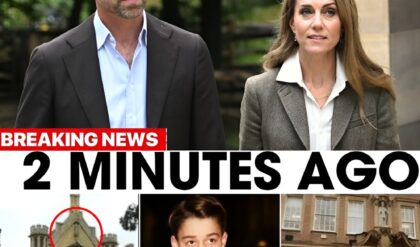
Mark Zuckerberg took a moment to address claims that he is building a massive bunker beneath his Hawaii compound.
While speaking with Bloomberg, the Meta CEO was asked about the WIRED report from last year that found that he would have a 5,000-square-foot bunker under his Kauai property.
“That’s just like a little shelter,” he told The Circuit’s Emily Chang. “Whatever you want to call it, hurricane shelter whatever. I think it got like, blown out of proportion as if like the whole ranch was some kind of like doomsday bunker, which is just not true.”
He also explained that he and wife Priscilla Chan’s compound in Hawaii is meant for ranching, and his goal was to “try to create the highest quality beef in the world.”
“The Kauai thing is really fun,” he said. “We have this whole vertical integration plan where we’re growing macadamia nuts to feed the macadamia meal, and we’re brewing beer because that helps them eat more. That’s fun.”
After the news of Zuckerberg’s bunker broke, other one-percenters followed suit. Those who can afford to do everything they can for self-preservation are doing so more than ever in times of escalating armed conflicts around the world and mass shootings closer to home.
“It got really busy, and it seems like the phone hasn’t stopped ringing; World War III seems like it’s coming,” Ron Hubbard, CEO of Texas-based Atlas Survival Shelters told The Hollywood Reporter in a story published in February. He added that the tech CEO’s bunker news “caused a buying frenzy.”
Robert Vicino, founder of Del Mar, California-based Vivos, which creates underground survival shelters, echoed Hubbard’s sentiment. “Now that Zuckerberg has let the cat out of the bag, that’s got other people who share his status or are near his status starting to think, ‘Oh God, if he’s doing that, maybe he knows something that I don’t, maybe I should seek this out myself,’” he said at the time.
In addition to the massive bunker, Zuckerberg’s $100 million compound, which is roughly 1,400 acres and known as Koolau Ranch, will have its own energy and food supplies, according to WIRED. When coupled with the land purchase, it will eventually cost more than $270 million.
In its investigation published in December 2023, the publication found that the project has relied on legal maneuvering and political networking as well as, at times, showing disregard for the local public, some sources believe.





